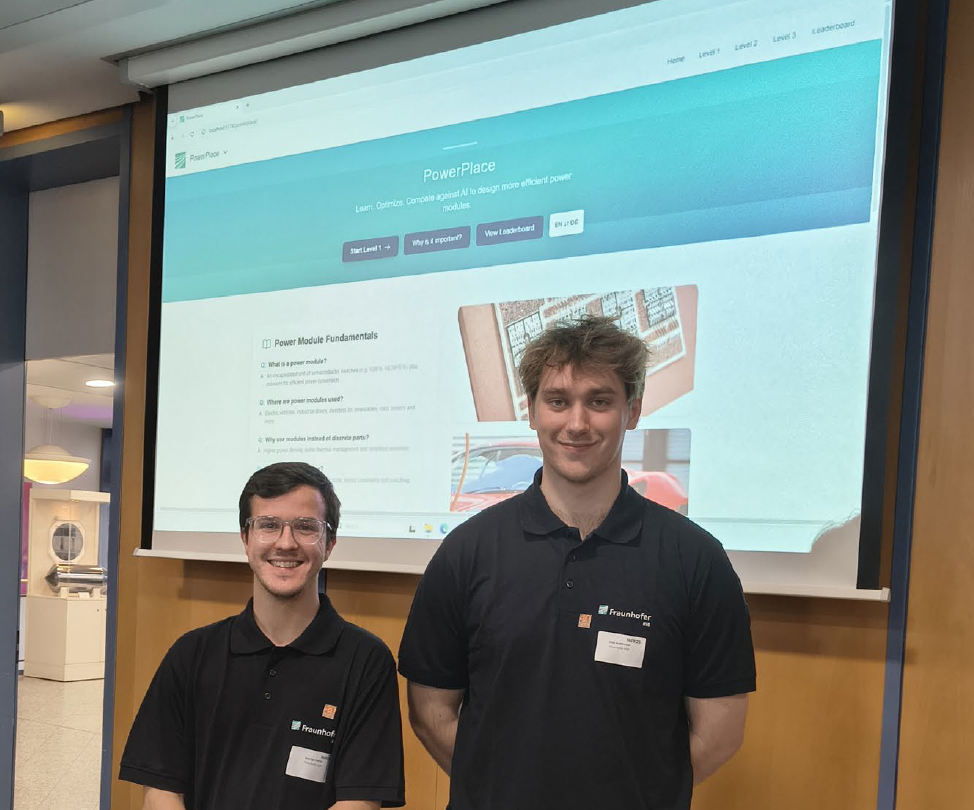Enhancement of Simulation Methods by Artificial Intelligence and Machine Learning
The research group AI-augmented Simulation combines a wide range of physical-based simulation approaches and software tools with both mathematically advanced and efficient algorithms and AI frameworks to model and optimize power electronic devices and systems.
Physics-informed neural networks (PINNs)
- Fast-to-evaluate physics-informed surrogate models in different industrial applications, e.g., lithography, battery modeling, or semiconductor process simulation.
- Application-oriented methodological improvements of physics-informed neural networks.
- Integration of physics-informed neural operators in optimization and inverse design algorithms.
- Direct combination of physical laws and data for calibrated solvers.
Power electronics
- Multiphysics simulations coupling electrical, thermal, and mechanical domains for micro- and power electronic devices, as well as broader energy systems.
- Application of reinforcement learning algorithms to optimize design parameters and component placement within power modules.
Quantum computing
- Design and implementation of quantum algorithms targeted at complex optimization challenges.
- Exploration of quantum chemistry applications to advance material modeling and simulation capabilities.
Join our team!
We are continuously looking for motivated students interested in AI-enhanced simulation. Opportunities include HiWi positions, Bachelor’s/Master’s theses, and internships - get in touch if combining physics-based modeling with machine learning sparks your interest!
 Fraunhofer Institute for Integrated Systems and Device Technology IISB
Fraunhofer Institute for Integrated Systems and Device Technology IISB